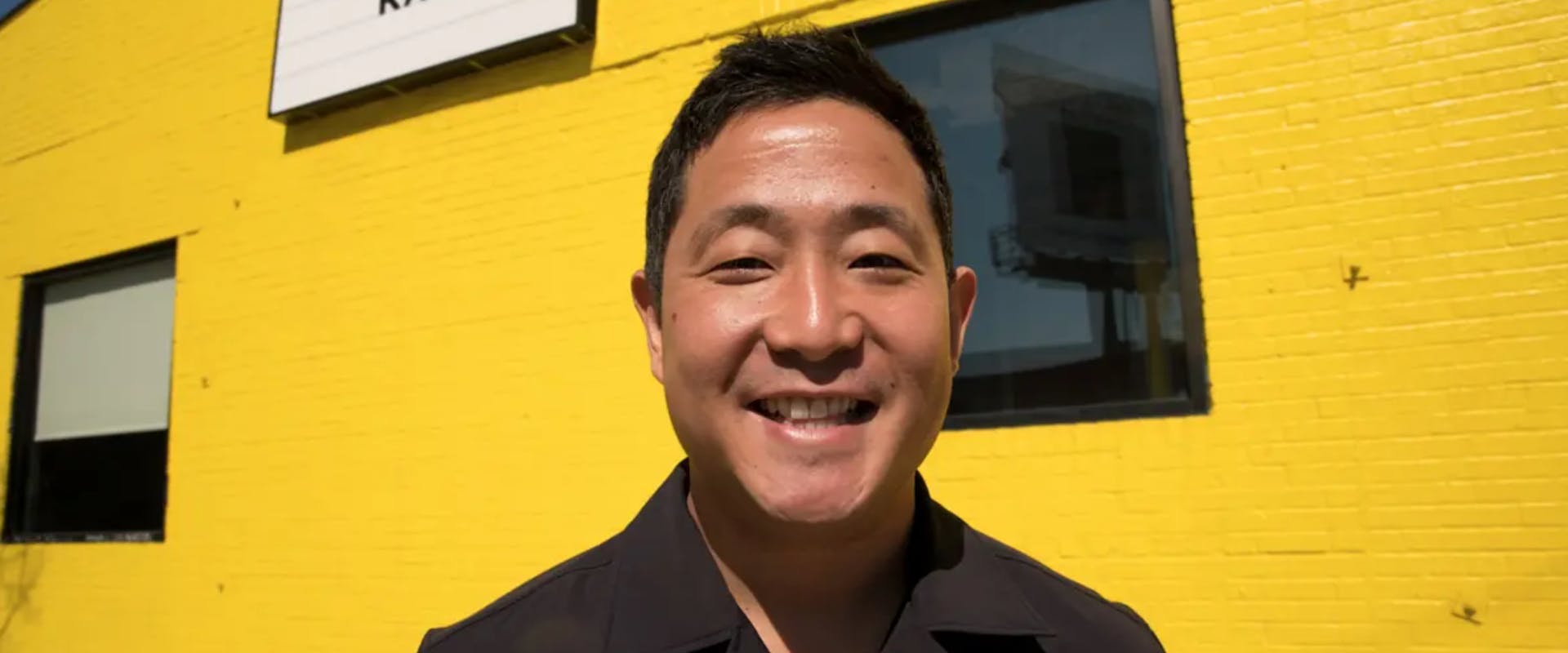
When Mo Said left Droga5 to start his own agency in 2018, he launched Mojo Supermarket with a couple of key tenets to guide the shop. He pledged to only collaborate with brands and people the agency loved, and not to work for free.
Following that framework, the agency has soared to $16 million in revenue in 2022, a 60% increase over the previous year.
From the outset, Said never had trouble finding “interesting problems” to solve. Truth and Match came to the agency when the shop was just six people. Adidas, StockX and more—it’s all the same story: interesting problems from people Mojo gelled with. That paid the bills and let the agency keep growing.
Each problem demanded a different solution—like encouraging girls to participate in an interactive coding experience for a Doja Cat music video to promote the nonprofit Girls Who Code. With an eye on not letting Mojo get too big and potentially lose the course Said plotted, he vowed to never hire a head of growth.
But Said hit a point many indie agency owners face: choose between servicing the relationships they have vs. chasing new ones. It’s a common dilemma as indie owners often set up shop with a similar goal as Said, picking only the clients they want to work with to do fulfilling, truly creative work, but most agencies need to keep growing to keep attracting talent and remain competitive.
And even though Said has no desire to turn Mojo, which Adweek shortlisted last year for Breakthrough Agency of the Year, into a “big machine,” he realized a head of growth does have a home within the agency after all.
“When we were spending time working on the wrong thing is then when you realize, ‘Oh, we really need to pay attention on what the right thing is in six months,'” said Said.
Enter Ray Kang, one of 35 people Said interviewed for the gig and someone who has never held the role before. But that didn’t scare off Said.
“We hire a lot of people that have never done that specific job before,” Said told Adweek. “Ray has started stood up and sold an agency in the past couple years with ATTN. So he knows what work we do and how we do it.”
Managing growth
Following Cannes last year, Said began planning for 2023 and revenue goals came up.
“That’s just an endless thing. We can just keep adding people to this pyramid and become 100 people and 300 people and 600 people,” he said, adding that wasn’t the point of Mojo Supermarket. “It’s to not make garbage work and try these really, really high stakes problems.”
So Said brought in Kang to seek out those problems, emphasizing that the agency is motivated to solve them in unique ways across a variety of formats.
“The point of this whole thing is to make the best work and try to really turn businesses around. And then we were like, ‘OK, what’s in the pipeline that’s doing that?’ And there weren’t interesting enough problems,” he said.
But solving the right problems isn’t the only factor.
“Finding the right people is 99% of his job,” Said explained. “It has to be the right people that have the problems.”
Kang’s impact is already being felt as he flagged a stat that Said hadn’t noticed. Kang found that the agency, which landed Diageo, Google Pixel, Adidas and Ray-Ban as clients over the past year, was winning 70% of its pitches by the end of the chemistry session. With that knowledge in hand, the agency can continue to refine its pitch process and further avoid costly drawn-out pitches that suck resources and burn out talent.
What resonated with Said for the gig
Kang and Said walked through what differentiated Kang from the other 34 candidates who applied for the position. They highlighted a couple of key questions Kang asked that resonated with the agency founder:
- Kang asked Said how they want to argue. “It’s the same type of question I always ask clients in first meetings or chemistry sessions. The reality is I’m going to spend more time with you than I will my wife.”
- Kang didn’t immediately go to the place other candidates did when asking about growth, which was solely thinking about numbers.
- Kang grilled Said on different types of growth—what does growth mean for the company, for him as a person and types of work that the agency hasn’t done yet.
Kang and Said walked through what differentiated Kang from the other 34 candidates who applied for the position. They highlighted a couple of key questions Kang asked that resonated with the agency founder:
Kang asked Said how they want to argue. “It’s the same type of question I always ask clients in first meetings or chemistry sessions. The reality is I’m going to spend more time with you than I will my wife.”
Kang didn’t immediately go to the place other candidates did when asking about growth, which was solely thinking about numbers.
Kang grilled Said on different types of growth—what does growth mean for the company, for him as a person and types of work that the agency hasn’t done yet.